

2022 Ballot Amendments
Amendment 1
What does a “yes” vote do?
Authorize the Florida Legislature to pass laws that would exempt flood resistance improvements from contributing to increases in property assessments. That means property owners wouldn’t pay higher taxes because of those improvements.
Exempt flood resistance improvements such as “elevating structures, filling basements, and waterproofing,” as well as improvements “to allow for stormwater runoff, waterproofing basements, installing check valves capable of preventing water backup, and elevating furnaces, heaters, and electrical panels.”
Take effect Jan. 1, 2023.
What does a “no” vote do?
Maintain the status quo, which means homeowners’ flood resistance improvements might result in higher property assessments and higher taxes.
Amendment 1 Orlando Sentinel Ed Board Concerns
“But it doesn’t limit the exempt value to what’s spent solely to keep water out. A seawall would be a straightforward application. But the amendment could conceivably allow someone to replace an old home on a lake with a more expensive one on stilts and claim that the entire additional value is exempt.”
Amendment 2
What does a “yes” vote do?
Eliminate the Constitution Revision Commission (CRC), which was created in 1968 and meets every 20 years to consider changes to the state Constitution.
The next CRC is scheduled to convene in 2037.
This would leave four ways for a constitutional amendment to get on the ballot: through the Legislature, a citizen-led initiative, constitutional convention, or the Taxation and Budget Reform Commission.
What does a “no” vote do?
Preserve the state’s Constitution Revision Commission and its ability to present amendments to the voters every 20 years.
Amendment 2 Orlando Sentinel Ed Board Concerns
“The Constitution Revision Commission needs mending, but to end it would be a historic mistake. The 37-member commission is reconstituted with new members every 20 years with the power to propose amendments directly to the people with no interference by the Legislature.”
Amendment 3
What does a “yes” vote do?
This amendment would authorize the state Legislature to create a new homestead exemption of up to $50,000 for certain public service employees, including “classroom teachers, law enforcement officers, correctional officers, firefighters, emergency medical technicians, paramedics, child welfare services professionals, active duty members of the United States Armed Forces, and members of the Florida National Guard.” The exemption means property owners in these professions can subtract $50,000 from the assessed value of their property, which will reduce their local property tax bills. The exemption would be in addition to the standard $50,000 homestead exemptions Floridians already receive on their primary residence.
The new exemption would not apply to assessments for school taxes. This new exemption into effect as of Jan. 1, 2023.
Cost local governments $85.9 million in lost revenue for fiscal year 2023-24, growing to $96 million in fiscal year 2026-27. The state would make up for the losses in Florida’s 29 “fiscally constrained” counties, primarily rural counties in the Panhandle and South Florida’s interior.
What does a “no” vote do?
Reject giving lawmakers the ability to create a new homestead exemption for certain public service occupations up to $50,000. Have no effect on property tax revenue collected by local governments.
Amendment 3 Orlando Sentinel Ed Board Concerns
“Although arguably well-intended, it is misguided and inequitable. The core problem with Amendment Three is that the additional exemption of up to $50,000, on taxable value between $100,000 and $150,000, does nothing for people who rent rather than own homes. That describes many school teachers, firefighters, police and other public service workers whom Amendment Three purports to benefit.”
Judicial Retention Votes
Click here to learn more about what Judicial Merit Retention is

This year, we’re voting on several other judicial candidates too.
Check out this graphic breakdown from People Power for Florida, designed to help you make an informed decision.
Also visit VotingForJustice.com to learn more about local judicial candidates.
This year, we’re voting on whether or not we retain 5/7 of our State Supreme Court Justices.
Check out this graphic breakdown from People Power for Florida, designed to help you make an informed decision.
Also visit VotingForJustice.com to learn more about local judicial candidates.
Local Orange County Measures
Charter County and Regional Transportation System Surtax
This November, Orange County voters will decide if they want a one-cent sales tax increase to fund transportation needs across the County. On April 26, 2022, the Orange County Board of County Commissioners voted 4-3 to put the transportation sales tax referendum on the fall ballot.
If this transportation sales tax referendum passes, revenues would start being collected on January 1, 2023 and could bring in nearly $600 million per year to be dedicated to transportation issues.
Watch Anna Review the Ballot on Facebook Live
Rent Stabilization Ordinance to Limit Rent Increase for Certain Residential Rental Units
At its August 9, 2022 meeting, the Orange County Board of County Commissioners narrowly voted 4-3 in favor of placing a Rent Stabilization Ordinance on the November ballot. Commissioner Bonilla, Commissioner Gomez Cordero, Commissioner Uribe and Commissioner Wilson voted in favor of advancing the question of rent control to Orange County voters. Mayor Demings, Commissioner Moore and Commissioner Siplin voted against the measure.
The proposed Rent Stabilization Ordinance would prevent residential landlords from increasing unit rent in excess of the Consumer Price Index for a period of 12 months. The Ordinance would also require landlords to submit registration statements to the County’s Planning Department to ensure compliance.
The following types of units would be exempt from the Rent Stabilization Ordinance:
- Seasonal or tourist units;
- Second housing units (including accessory dwelling units);
- Units located in a “luxury apartment building”, as defined in Florida Statutes §125.0103(4)
- Units located in single-family homes, townhomes, condominiums, or mobile homes (including mobile home lot rents);
- Units owned, operated or managed by a government agency;
- Units located in a cooperative apartment occupied by a holder of a proprietary lease;
- Units located in a disability facility, hospital, nursing home, assisted care community or other health care facility;
- Units for which the landlord receives federal, state or local housing subsidies;
- Units currently under rent control by virtue of local, state or federal housing subsidy;
- And new rental units that receive a Certificate of Occupancy on or after the effective date of the Ordinance.
Under the Rent Stabilization Ordinance, landlords would also be able to request exceptions to the limitation on rent increases based on the opportunity to receive a “fair and reasonable return on investment.” The Ordinance outlines certain factors would be considered by the County when deciding whether to grant such a request including increases or decreases in property taxes, unavoidable increases or any decreases in maintenance and operating expenses, and the substantial deterioration of a rental unit as a result of normal wear and tear.

